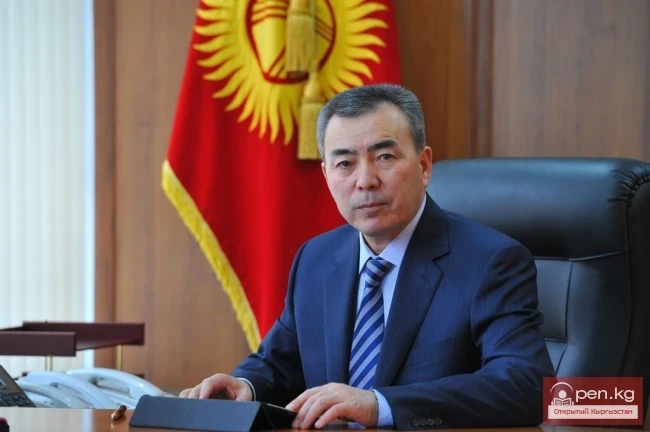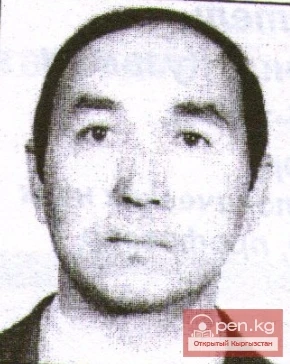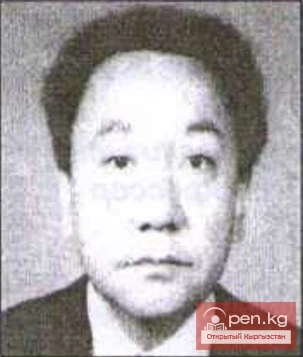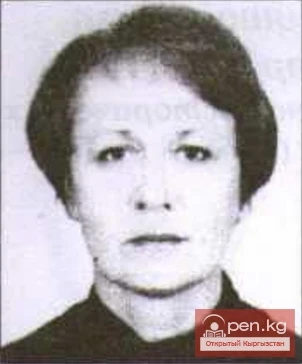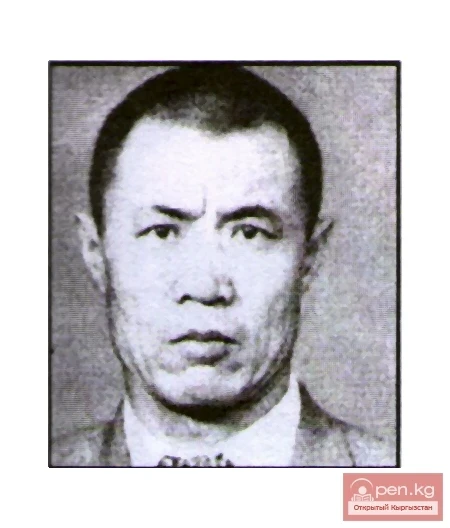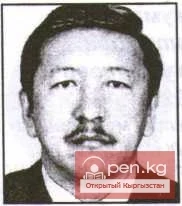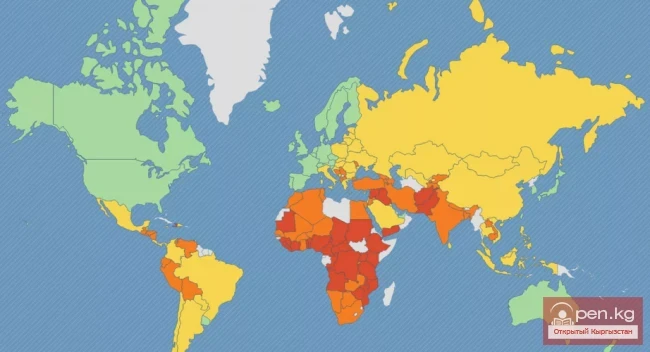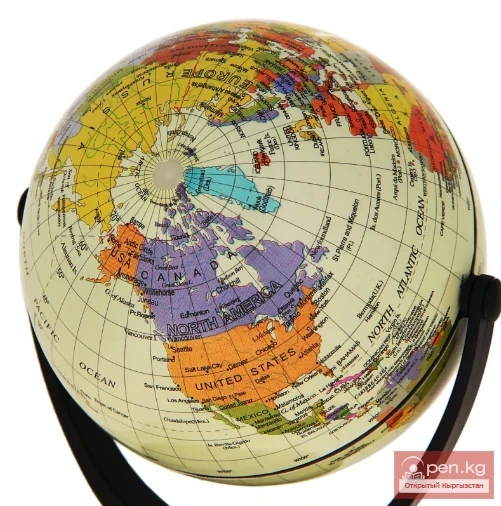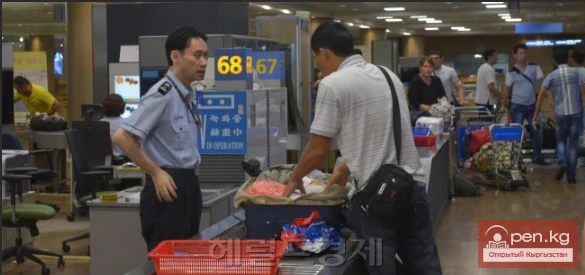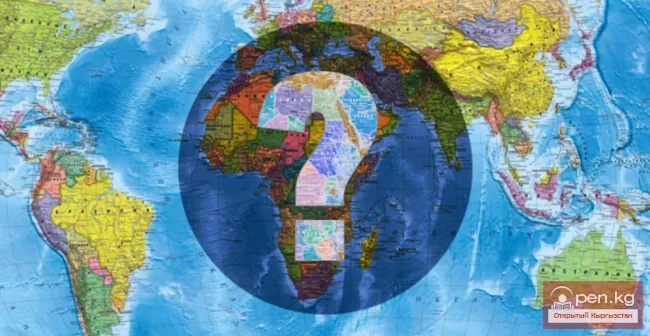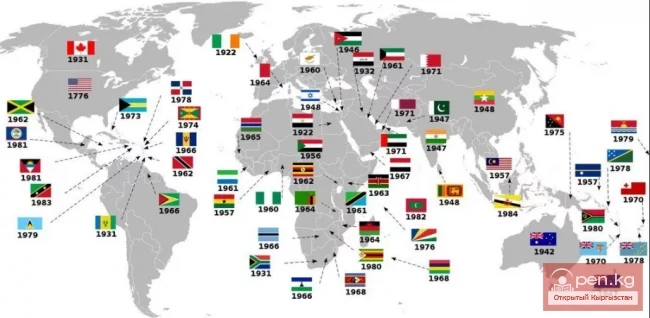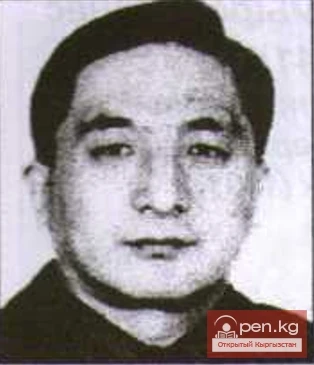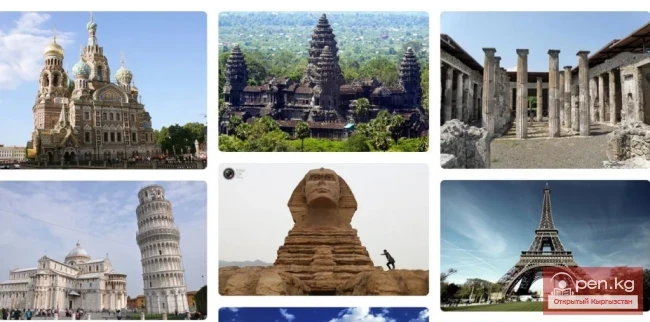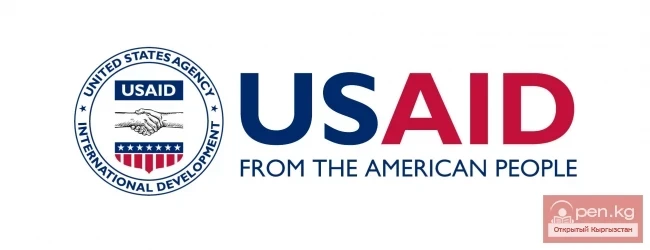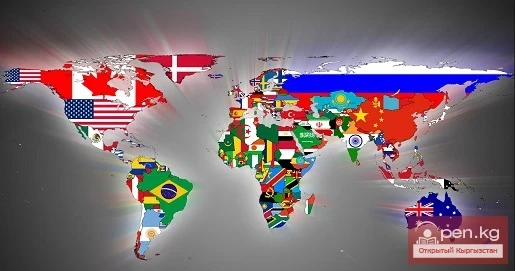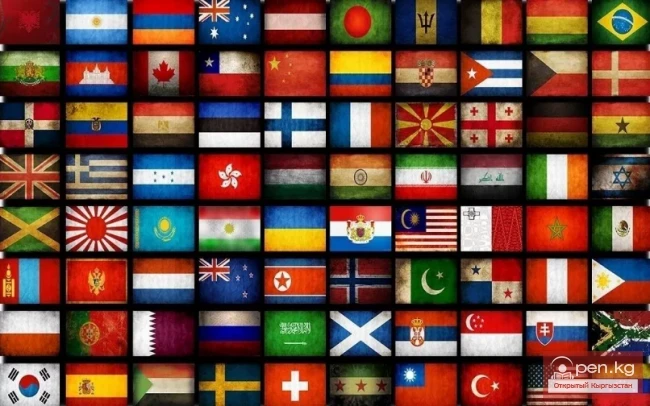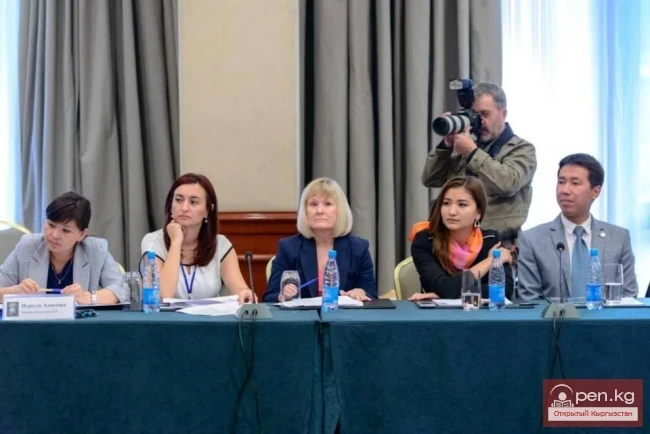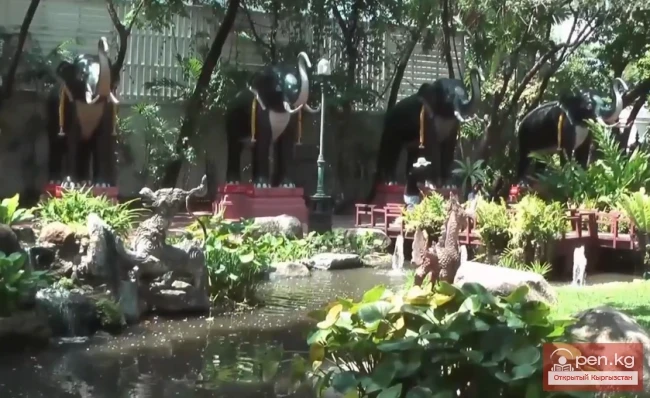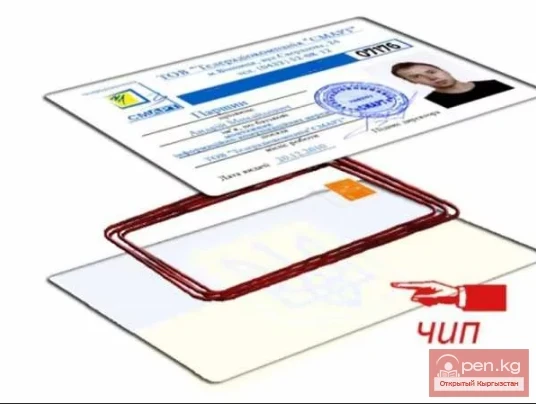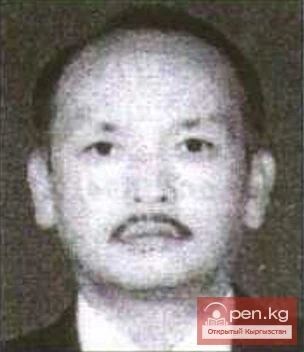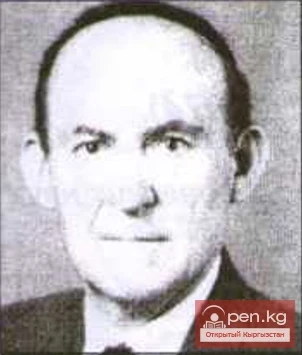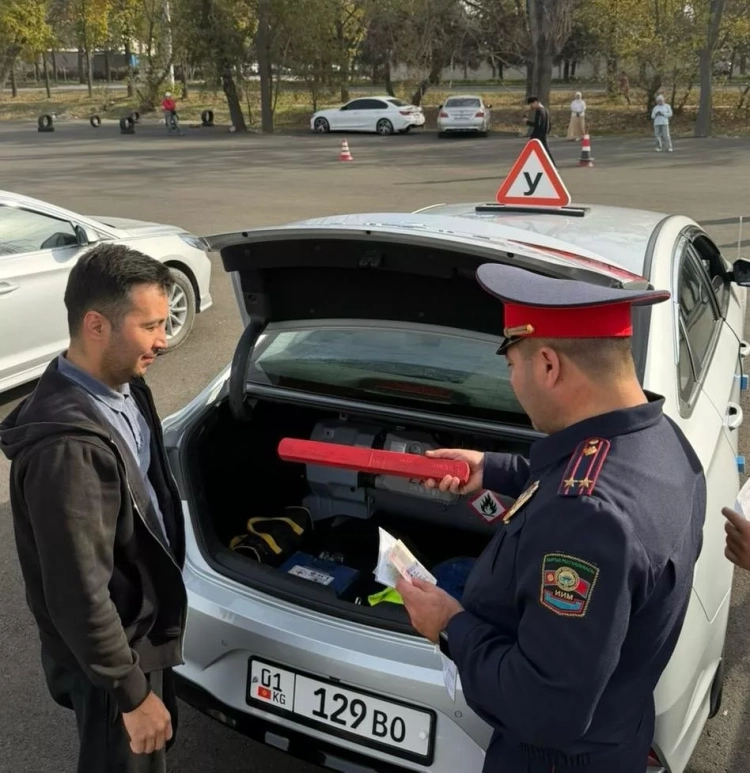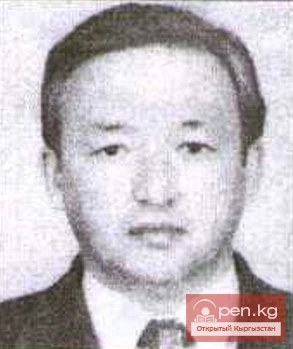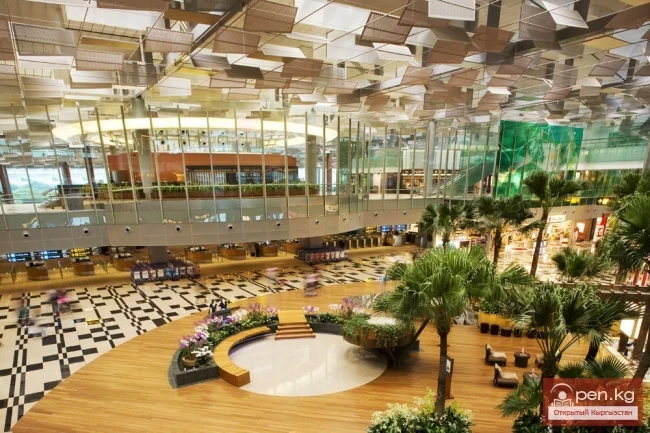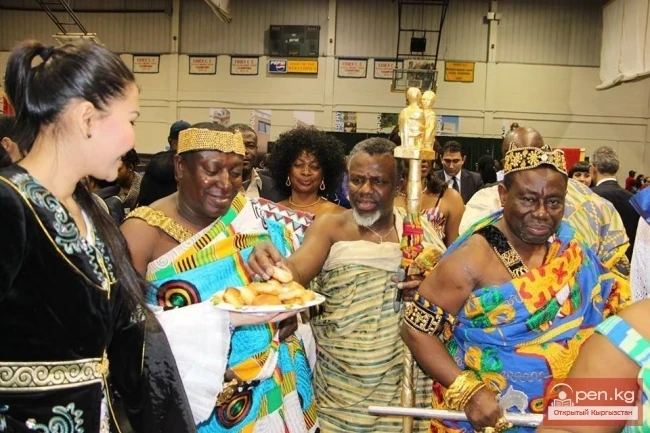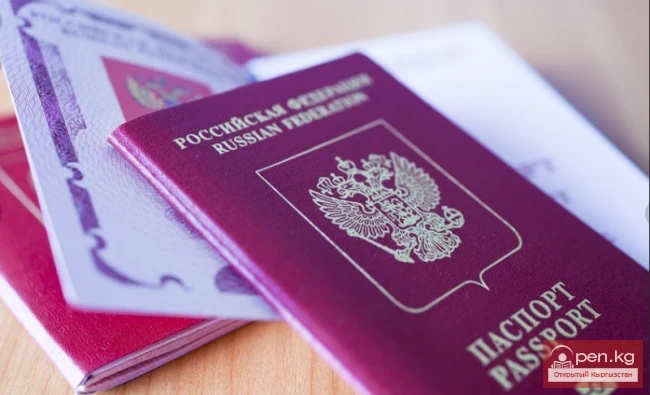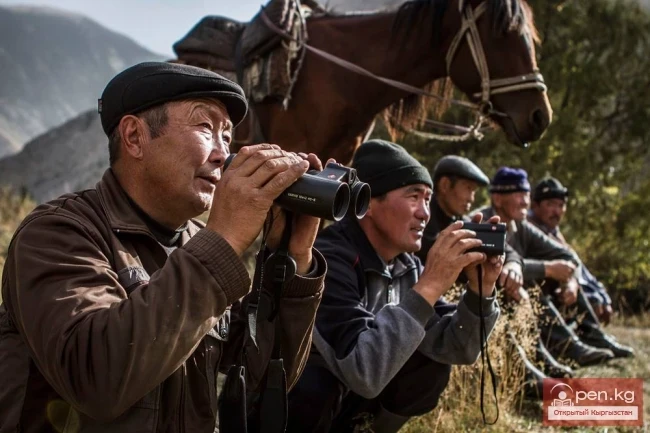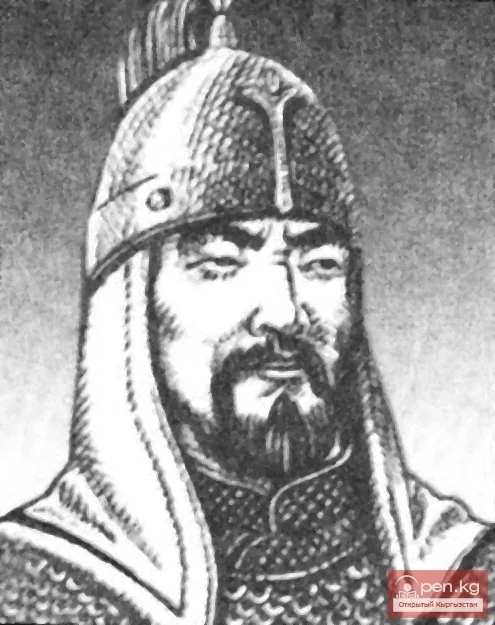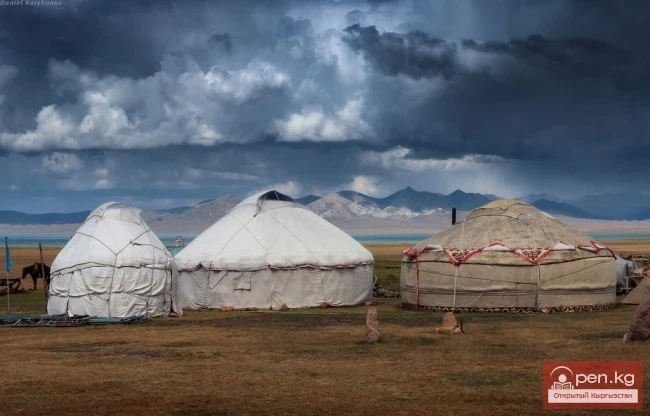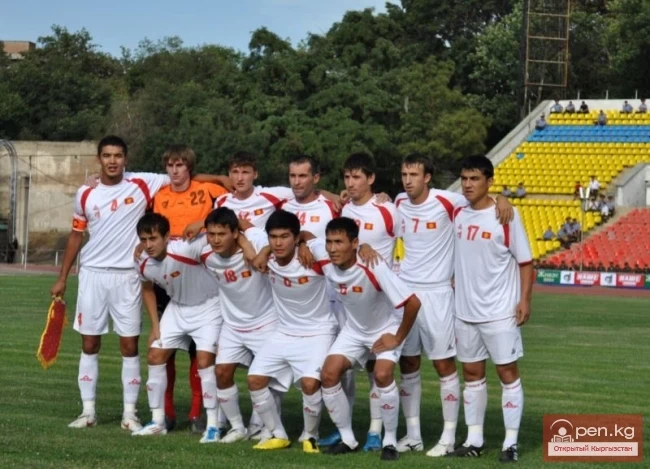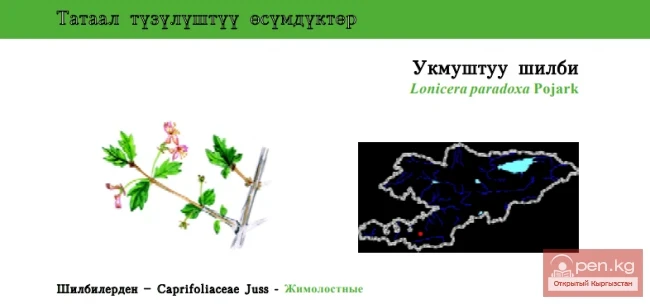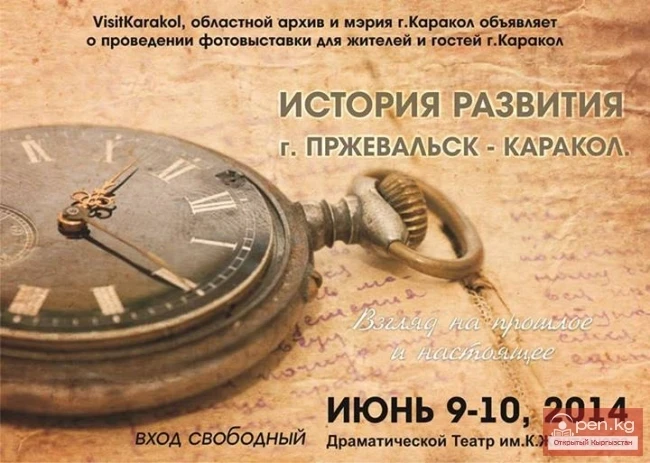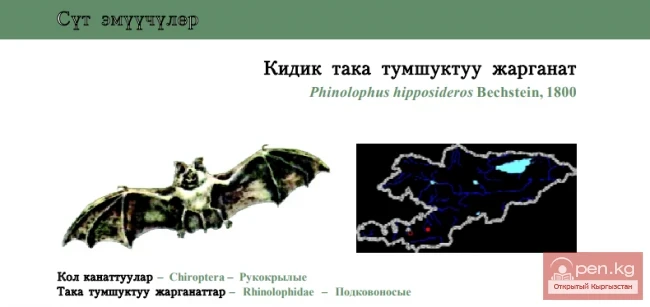In the Austrian capital, Vienna, on November 3, 2014, the Second Conference of the United Nations on Landlocked Developing Countries began its work. The head of the Ministry of Transport and Communications of the Kyrgyz Republic, K. Sultanov, is participating in the conference.
The agenda of the Second Conference of the United Nations on Landlocked Developing Countries, which will continue its work until November 5, 2014, includes the election of the Chairperson of the Conference and other officials, the appointment of members and the report of the Credentials Committee, statements from intergovernmental and non-governmental organizations, the approval of the final documents of the Conference, and other issues.
By its Resolutions, the United Nations General Assembly decided to convene the Second Conference of the United Nations on Landlocked Developing Countries in 2014, in Vienna from November 3 to 5, 2014, at the United Nations Office. In accordance with the resolution of the General Assembly, the mandate of the Conference is to conduct a comprehensive assessment of the implementation of the Almaty Programme of Action: to address the special needs of landlocked developing countries within new global frameworks for cooperation in transit transport between landlocked developing countries and transit developing countries; to identify effective international, regional, subregional, and national strategies regarding international trade and cooperation in transit transport and to consider the current state of transit transport systems in light of new and emerging challenges, new and evolving partnerships, and new and forthcoming opportunities and solutions to these challenges, the development of these partnerships, and the realization of these opportunities; to reaffirm global commitment to addressing the special development needs of landlocked developing countries and the challenges they face, as was foreseen at major conferences and high-level meetings of the United Nations; to mobilize the international community to provide support and take action in the interests of landlocked developing countries, including the participation of these countries themselves, and to formulate and adopt an updated framework programme of partnership for development for the next decade.
At the invitation or direction of the Secretary-General of the Conference and in accordance with the rules of procedure of the Conference, representatives of member states of the United Nations and members of specialized agencies, the European Union; representatives of intergovernmental organizations and other entities that have received a standing invitation from the General Assembly to participate as observers in the sessions and all international conferences convened under its auspices are participating in the Conference.
The Conference opened on November 3, 2014, at 10:00 AM at the United Nations Office in Vienna. The Conference will have for discussion, in particular, the following documents: Draft Programme of Action for Landlocked Developing Countries for 2014–2024 (developed by the Intergovernmental Preparatory Committee); Report of the Secretary-General on the ten-year review of the implementation of the Almaty Programme of Action "Addressing the Special Needs of Landlocked Developing Countries within New Global Frameworks for Cooperation in Transit Transport between Landlocked Developing Countries and Transit Developing Countries"; Report of the Intergovernmental Preparatory Committee of the Second Conference of the United Nations on Landlocked Developing Countries; Report on the work of the regional preparatory meeting for Africa; Report on the work of the regional preparatory meeting for Latin America; Report on the work of the regional preparatory meeting for Europe and Asia; Report of the Intergovernmental Preparatory Committee on the work of its first session; and Draft Political Declaration.
It is expected that the report of the Second Conference of the United Nations on Landlocked Developing Countries will consist of an introduction and three sections.
